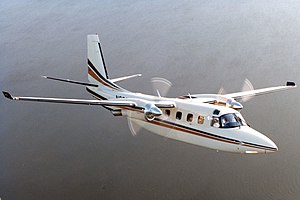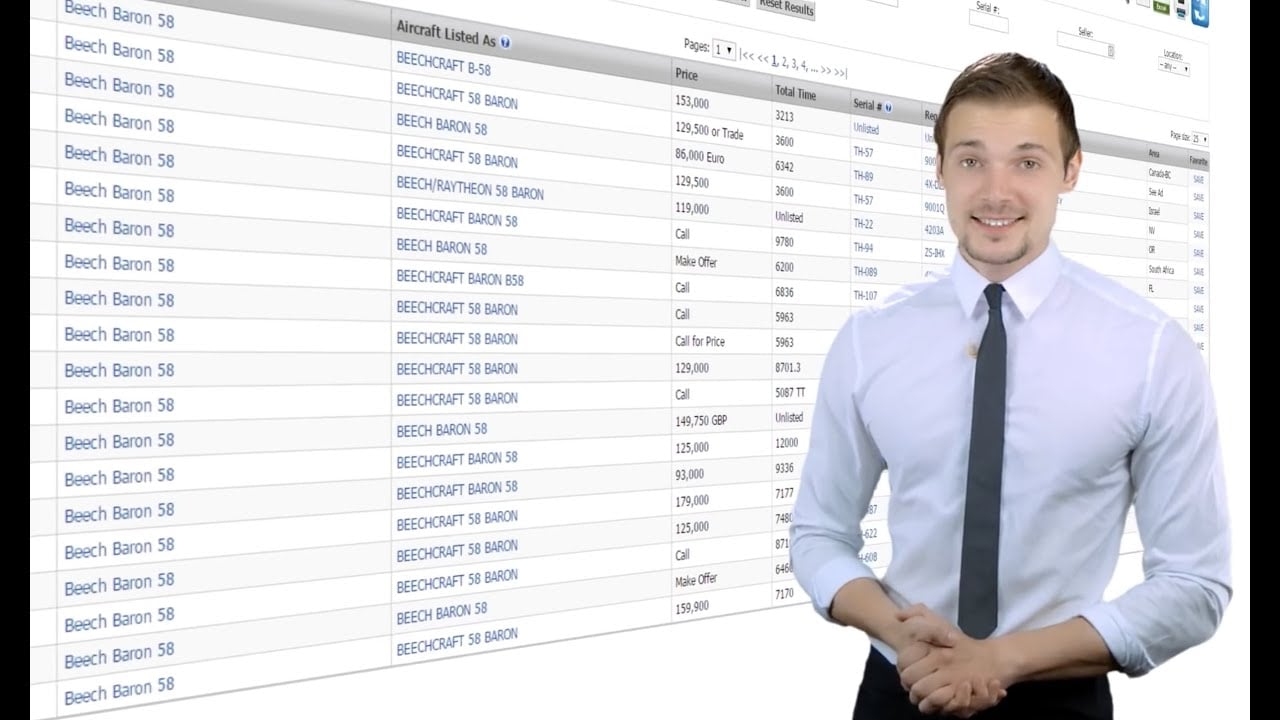
Soaring Through Time: A Deep Dive into the Commander 690 Aircraft
The Commander 690 is more than just a means to travel. It's an embodiment of aviation history and technological advancements, a symbol of freedom and exploration. Let's take a journey into the heart of this remarkable aircraft, delving into its history, design, performance, innovative technologies, variants, and the operators that rely on it.
HISTORY
Unveiled to the world by the Commander Aircraft Corporation in 1970, the Commander 690 was designed as a small, turbo-prop business aircraft. Intended for corporate and private use, this versatile bird quickly carved out a reputation for its exceptional performance and luxurious accommodations.
The journey of the Commander 690 is one filled with notable milestones. One such instance is the model's acquisition by Rockwell International, leading to further improvements and modernizations. Today, this aircraft continues to be a sought-after choice among aviation enthusiasts and businesses alike.
DESIGN
At first glance, the Commander 690 impresses with its sturdy build and sleek design. Boasting a wingspan of 44 feet and 2 inches, a length of 39 feet and 3 inches, and standing 14 feet tall, this aircraft is compact yet capable.
With a maximum takeoff weight of 10,250 lbs, the Commander 690 comfortably accommodates up to eight passengers in a cabin designed for comfort and convenience, providing a luxurious travel experience.
PERFORMANCE
Designed for speed and efficiency, the Commander 690 does not disappoint. This aircraft boasts a top speed of 376 knots and a cruising speed of 333 knots. It ascends to the skies with a maximum altitude of 35,000 feet and impresses with its range of approximately 2,450 nautical miles.
Moreover, its fuel efficiency adds to its appeal, making it a cost-effective option for both private and corporate aviation.
TECHNOLOGY
The Commander 690 isn't just about looks and speed. It's packed with state-of-the-art technology that sets it apart from its peers. Its avionics suite includes advanced communication and navigation systems, modern flight management systems, and innovative safety features.
The propulsion system of the Commander 690 is a marvel in itself. Equipped with two Garrett TPE331 turboprop engines, it delivers reliable and efficient performance.
VARIANTS
The Commander 690 has been evolved into various models, each with its distinct characteristics. Notably, the 690B model, introduced in 1976, included design enhancements to increase speed and performance. The Commander 695, another variant, came with an increased wingspan and upgraded engines.
OPERATORS
From corporate executives to private aviation enthusiasts, the Commander 690 has a diverse user base. Several air taxi services and charter operators appreciate its reliable performance and luxurious accommodations.
IN SUMMARY
The Commander 690 has made a significant mark on aviation history with its distinctive blend of design, performance, and technology. It continues to serve as a testament to the advancements in aviation technology, earning its place in the hearts of pilots and passengers worldwide.
Share this fascinating journey of the Commander 690 with other aviation enthusiasts and inspire them to explore the captivating world of aircraft.
SPECIFICATIONS
| Specifications | Details |
|---|---|
| Manufacturer | Commander Aircraft Corporation |
| First Flight | 1970 |
| Wingspan | 44ft 2in |
| Length | 39ft 3in |
| Height | 14ft |
| Seating Capacity | 8 |
| Max Takeoff Weight | 10,250 lbs |
| Top Speed | 376 knots |
| Cruise Speed | 333 knots |
| Range | 2,450 nautical miles |
| Service Ceiling | 35,000 feet |
| Engines | 2x Garrett TPE331 turboprops |
This article uses material from various web resources and Wikipedia article, released under the Creative Commons Attribution-Share-Alike License 3.0.

